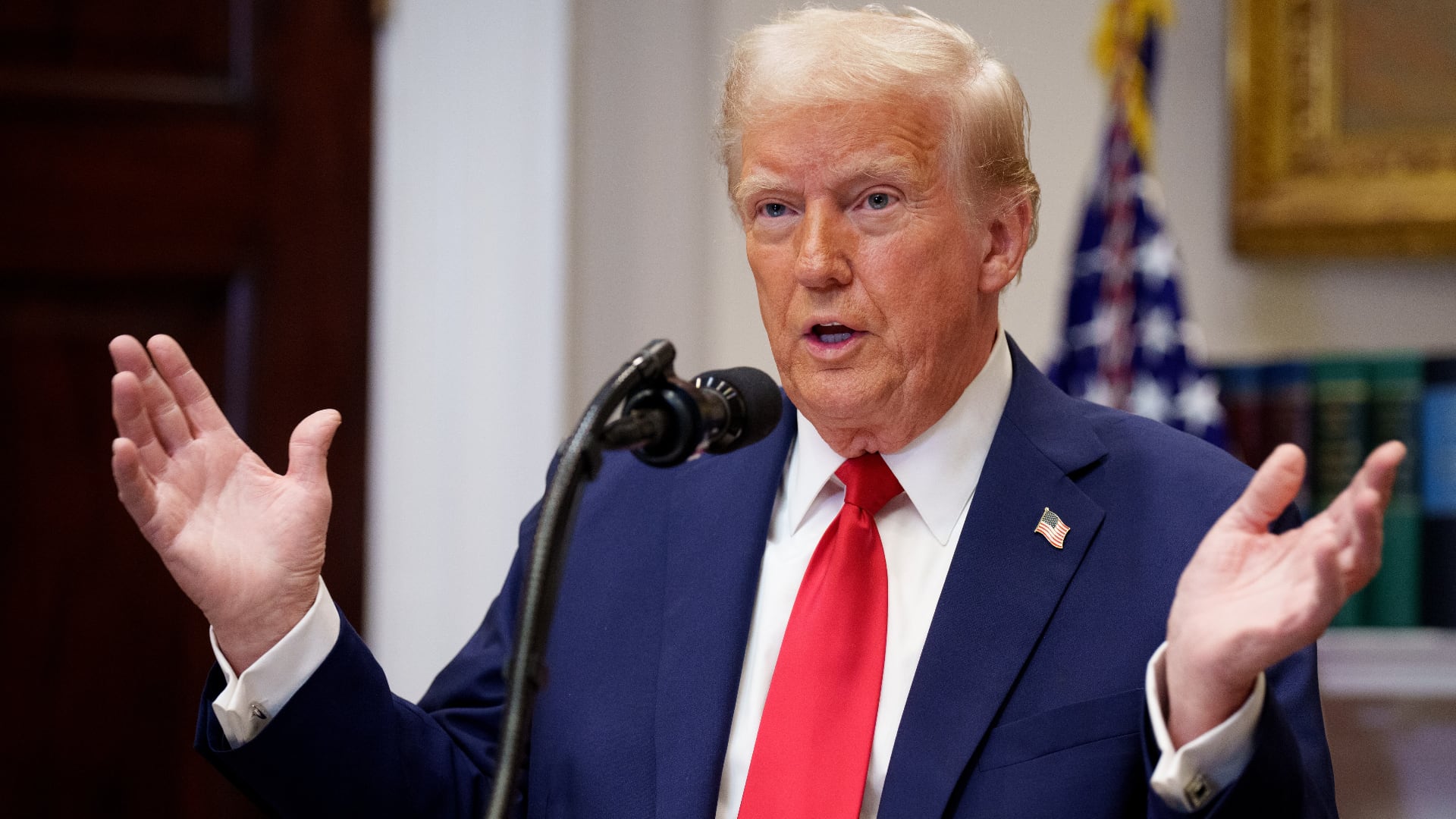The Chinese e-commerce giant Alibaba.com, which connects companies with manufacturers and wholesalers, is seeing a surge in transactions involving U.S. buyers and sellers as the coronavirus forces companies online.
The business-to-business platform saw a 100 percent year-over-year increase in the number of transactions involving U.S. buyers or sellers, according to John Caplan, president of Alibaba.com in North America and Europe.
"On a COVID-adjusted basis, Alibaba.com will do more transactional volume than Uber Rides or Airbnb lodging," Caplan told Cheddar.
The company chalks up the sudden uptick to shifting business trends amid the coronavirus pandemic. The role of trade shows in introducing companies to new suppliers and products is now being played by the online marketplace.
"You can't get on an airplane and go to a trade show anymore to find the newest, most innovative supplies," Caplan said.
Specific categories have powered the surge. Personal protective equipment and materials helped drive sales, as well as increased demand for home supplies and products.
"We've also seen remarkable growth in the work-from-home categories, things like office supplies for the home, education supplies for home, but also yoga wear, comfortable clothes, outdoor furniture," Caplan said. "Americans are becoming entrepreneurial from home, but they're also home-schooling and trying to stay fit and healthy."
Many small businesses that had not yet gone digital prior to the pandemic were forced to quickly adapt.
"We're seeing a generation of change," he said. "I think what would have taken a decade has happened in two months."












